MercoPress. South Atlantic News Agency
Tag: British Antarctic Survey (BAS)
-
Friday, April 1st 2022 - 09:55 UTC
RRS Sir David Attenborough completes ice trials during maiden voyage to Antarctica
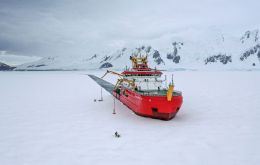
Falklands' flagged RRS Sir David Attenborough is completing ice trials during its maiden voyage to Antarctica – a critical milestone in the commissioning of Britain’s new polar ship. This is the first in a series of trials to get the ship ready for multi-disciplinary science missions.
-
Thursday, March 31st 2022 - 10:15 UTC
International team researching complex pattern of sea ice around Antarctica
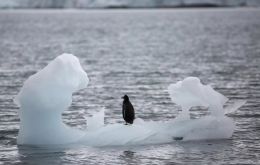
A £5m project funded by the Natural Environment Research Council (NERC) to investigate the complex changes seen in sea ice around the Antarctic begins this month (March 2022) as the sea ice extent around the continent drops to a record low level.
-
Saturday, March 12th 2022 - 06:02 UTC
New research shows that slow growth in Antarctic fish is linked to problems making proteins

Antarctic fish have adapted over millennia to survive in the freezing temperatures of the Southern Ocean but in doing so have lost their ability to grow at rates seen in their warmer water cousins. Researchers have now discovered the cellular causes of this crucial difference between Antarctic and warm water fish.
-
Saturday, March 5th 2022 - 09:39 UTC
Automation in place at BAS Halley VI Research Station
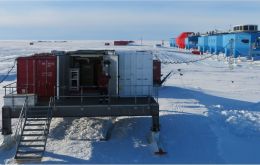
In late February, the British Antarctic Survey (BAS) Halley VI Research Station closed for the 2021/22 season. The season saw some major developments at the station, including several significant improvements and additions to its automated systems.
-
Friday, February 18th 2022 - 09:17 UTC
BAS joins project to overcome shortage of berths for scientific researchers in polar regions

British Antarctic Survey has teamed up with the National Oceanography Centre and the University of Glasgow to champion the FindAScienceBerth project, funded by the Natural Environment Research Council. The project will open up more opportunities for early career researchers and technicians, particularly from traditionally excluded groups, to join science research cruises, breaking down barriers for conducting fieldwork in marine science.
-
Saturday, February 12th 2022 - 18:20 UTC
Antarctica thick ice conditions challenge RRS Sir David Attenborough and Le Commandant Charcot
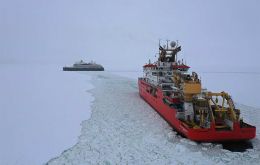
RRS Sir David Attenborough (SDA) has collaborated with the cruise ship Le Commandant Charcot in its efforts to deliver critical science cargo to the English Coast, Antarctica in support of the International Thwaites Glacier Collaboration.
-
Wednesday, February 9th 2022 - 09:35 UTC
Acoustic survey finds twilight zone in Southern ocean an emporium of fish, BAS report
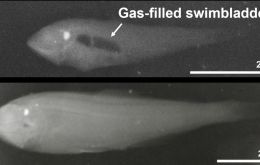
A new study highlights there could be up to four times more fish in the mesopelagic, or ‘twilight’, zone of the Southern Ocean than previously thought. Scientists at British Antarctic Survey and Bristol University discovered that by accounting for different acoustic properties of fish, the biomass, or total weight, of mesopelagic fish is likely to be 1.8 – 3.6 times higher than they previously calculated.
-
Thursday, February 3rd 2022 - 09:00 UTC
Three BAS scientists awarded the Polar Medal
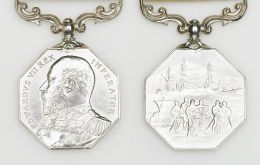
Three British Antarctic Survey (BAS) staff have been awarded the Polar Medal. The announcement was published Friday 28 January in the London Gazette.
-
Saturday, January 15th 2022 - 09:17 UTC
HMS Protector has completed her first Antarctic mission of the season
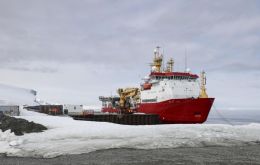
The Royal Navy's only Antarctic research ship has completed her first Antarctic mission of the season – revealing the impact of global warming. HMS Protector is on a five-year mission to support international research into wildlife, the changing climate, and the shifting waters of Antarctica.
-
Tuesday, December 21st 2021 - 09:17 UTC
BAS 2021/22 Antarctic summer field season underway; Rothera/Falklands air link twice a week
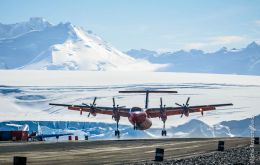
Science and support teams from British Antarctic Survey (BAS) are gearing up for the start of the Antarctic summer field season. All five BAS research stations will be open and undertaking essential science research after a year’s break caused by Covid-19 last season. This will be another challenging season with ongoing Covid-19 protocols to maintain safety for our staff and collaborators.
